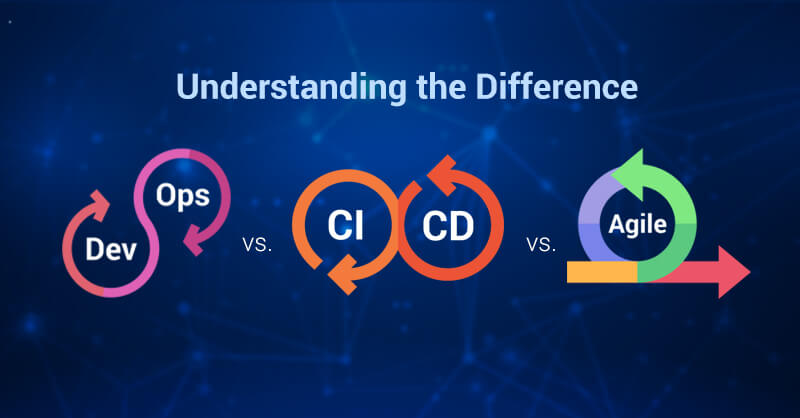DevOps Trends to Watch Out In 2019
The DevOps approach has made a considerable headway in the enterprise and continues to become even more extensive. The 2019 technology forecasts are still couple of months away, but some predictions are already a safe bet. At Royal Cyber, we are seeing some major trends.
DevOps is becoming the usual way of working for businesses. To get used to DevOps within the organization is increasing on a bigger scale, and businesses are trending towards it. It offers businesses to deliver values quickly and efficiently to their customers. Businesses are now spotting the power of DevOps to bring for operational efficiency and performance.
Key Trends in DevOps
1. Security is a Priority
DevOps is rightly commended for moving functional testing earlier in the development process. This shift has allowed bugs to be spotted and fixed sooner, which in turn has enabled faster and more frequent production. But initial iterations of DevOps postponed considerations around security. Mainstream DevOps will start treating security as code, making the entire team accountable from the earliest stages of the development lifecycle.
2. Automation remains key
Automated provisioning and lifecycle operations can help enterprises deliver on-premise services faster and reduce operational costs than public cloud. It is true for managing hybrid cloud environments. With a single line of code, the solution's composable API can fully describe and provision the infrastructure that is required for applications, transforming IT operations while simplifying the entire DevOps process. In 2019, you will not be surprised if people roll out their own open source.
3. DevOps assembly line instead of CI pipelines
Pipelines help the companies to visualize the development process of their application from beginning until the production. At present, companies are looking up for techniques to automate their complete software development cycle to speed up the delivery process. The future trends will focus more on Continuous delivery (CD) instead of Continuous integration (CI) and will shift towards embracing DevOps assembly lines.
4. Serverless technology
With the emergence of cloud technologies the dependency on servers are decreasing dramatically. In the future, we can expect a spike in adoption of serverless technologies. DevOps is a supplement to serverless architecture that will help the organization to achieve exceptional business agility.
5. Docker Orchestration
Docker Orchestration technology has begun as a reliable means to rapidly package, deploy & run application workloads without moving hardware or operating systems physically. They let us to standardize the environment, enable a self-sufficient runtime environment and abstract away the specifics of the underlying operating system and hardware. They securely compartmentalize applications and allow running them side-by-side on the same machine, for efficient resource utilization.
Capitalizing on DevOps trends with Royal Cyber
DevOps is more than technology. It represents a way of thinking that can support enterprise succeed at a time when speed to market means the difference between success and failure. Find out how Royal Cyber can help your organization benefit from the potential of DevOps. For more information email us at [email protected] or visit www.royalcyber.com.



